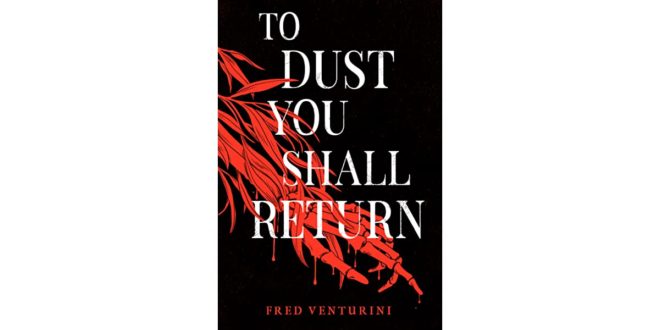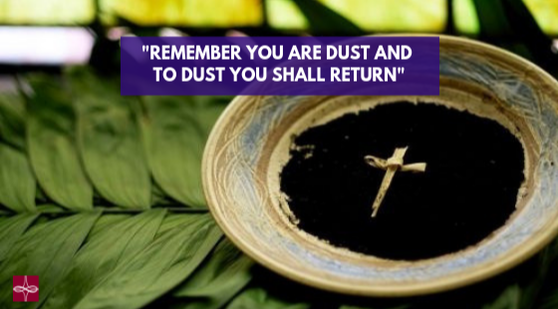

Lent is an invitation to be here now, to be in this world as it truly is, to be with yourself as you truly are. And as we enter this season again, we see hope on the horizon, the promise of fresh produce from the garden, vaccines being distributed to frontline workers and those most at risk, a glimpse of resurrection that will someday arrive in our present.īut for now, the garden has been planted, the dirt remains beneath our fingernails, and the season of Lent begins again.

We are all impacted by this ongoing Lent. While we may not feel the weight of ashes imposed upon our forehead due to safety restrictions from gathering together in person, we feel the weight of our shared mortality, with a death toll rising to staggering numbers, both around the world, in our own country, and likely impacting you, your family, or someone you know. We find ourselves covered with a layer of dust, dirt, ash as this season begins with the hope of something new growing in us and in spite of us.Īnd for such a time as this, when last year’s Lent never seems to have ended, with mortality and suffering ever-present in our lives and our world, we find ourselves experiencing Ash Wednesday differently. Ash Wednesday is an invitation to enter the season of Lent, a season that will comfort and confront us, reminding us that we are human, we are mortal, we do not exist for ourselves, we are a part of the created world around us, we are dust.Īsh Wednesday is the beginning of the work, the tilling of the soil, the planting of the seeds. It is easy to see anyone who looks different, believes different, prays different and ascribe the label “them,” eternally distant and opposite from “us.” It is easy to grow numb to the wind whistling around a corner and the dirt buried somewhere below our feet.īut Ash Wednesday is not easy. It is easy to believe that the universe revolves around the almighty “me,” everything existing for my enjoyment and entertainment. It is easy to live in our head, building mind palaces with echo chambers that always affirm our implicit biases. In this way “Adam” is less of a name and more of a description, reminding us who we are and where we are from. Because that’s how God made him, formed from the ground and filled with the breath of God. In the creation story the first human is named Adam, or in Hebrew, adamah, which means dirt, dust. But more than a threat to the first humans, it is simply a reminder: “From dust you came and to dust you will return.” These words come from Genesis 3:19 and the story where sin and death have fractured God’s “very good” creation. This is the refrain we often hear on Ash Wednesday, the first day in the season of Lent. “From dust you came and to dust you will return.” Looking back on these memories, three decades later, I realize that this was a very Lenten experience, or more specifically, a very Ash Wednesday experience. We would go inside for the night, leave our dirty clothes in a pile in the basement, and do our best to wash ourselves clean, but there always seemed to be some dirt that refused to be evicted from beneath my fingernails.

Being the eight year old in the family, I typically ended up especially dirty, from digging up rocks or whatever I imagined might be buried beneath the soil and any other backyard task I had been assigned. Our backs ached from kneeling over to plant row after row of carrots, asparagus, tomatoes, and more, and dirt stained the knees of our jeans. Somewhere towards the beginning of May our whole family – my mom, dad, two sisters, and I, would spend the weekend with spades, shovels, stakes, twine, and what seemed to my eight year old mind to be hundreds of packets of seeds.Īnd when the weekend was over, the garden had begun anew for the season. Every winter the snow would blanket whatever was left from the previous season, and every spring it would melt, the ground would compost, and we would begin planting vegetables and flowers that would soon be growing beneath the soil.

Growing up in a small town in rural Iowa, my family had a large garden on the far side of our back yard.


 0 kommentar(er)
0 kommentar(er)
